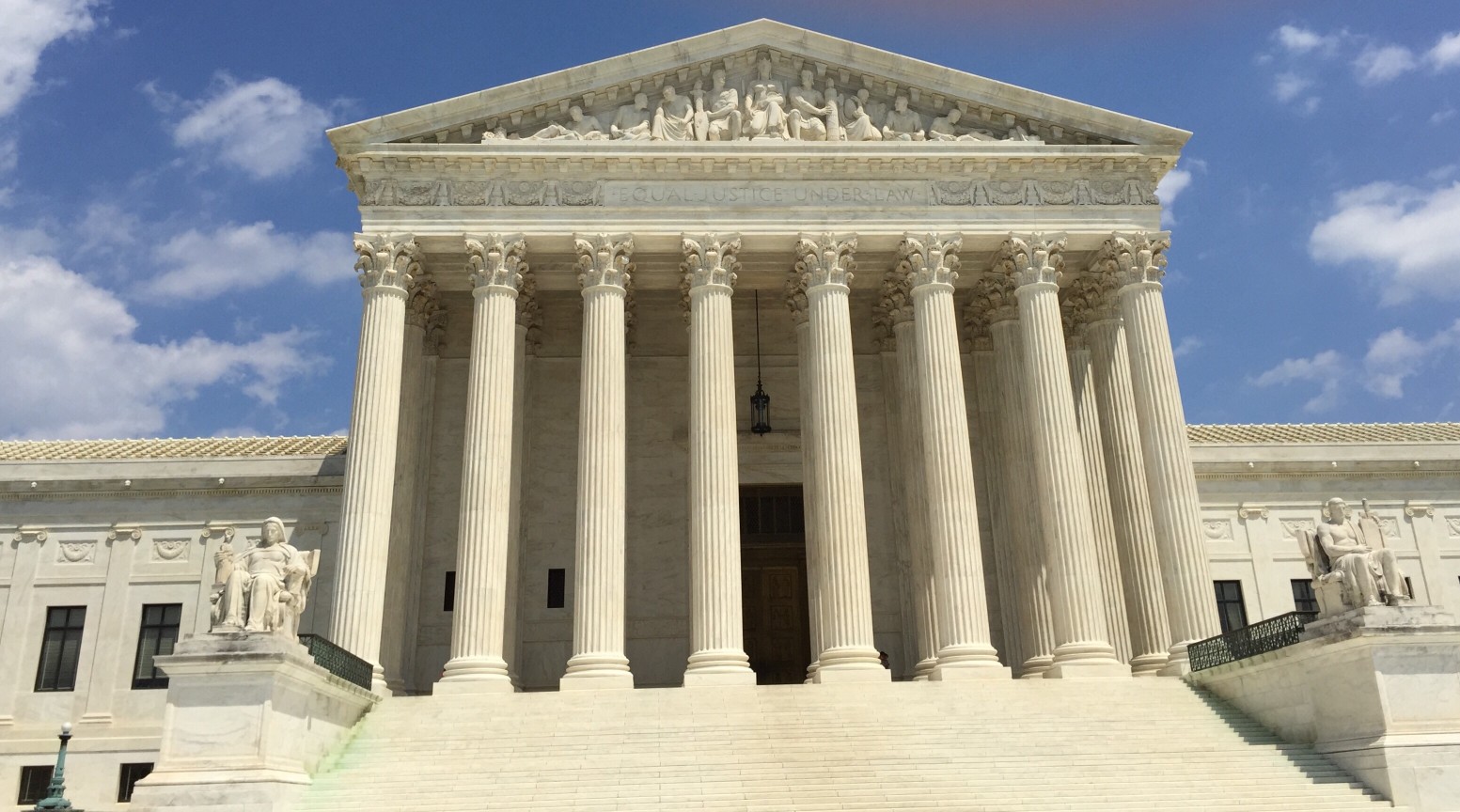Politifact Summary
- The U.S. Supreme Court did indeed meet and vote remotely to rule on the Wisconsin election.
- But it’s a stretch to say they denied a “right to vote remotely”
- The traditional remote voting right is to cast an absentee ballot by Election Day, and that was still allowed under this ruling.
- The court struck down a lower court decision that would have allowed any absentee ballot received by April 13, 2020, to count, not just those postmarked by Election Day.
A pair of high court rulings set the stage for Wisconsin’s April 7, 2020 pandemic election.
The Wisconsin Supreme Court struck down an order from Gov. Tony Evers that would have moved the election back to June, which kept in-person voting in place.
And the U.S. Supreme Court ruled that all absentee ballots had to be postmarked by Election Day, reversing a federal judge’s order, forcing thousands who requested but didn’t receive an absentee ballot to vote in person if they wanted their vote to count.
Politifact Sources
- Facebook post by Conservatives Are Destroying Our Future, April 7, 2020
- Milwaukee Journal Sentinel, Wisconsin justices block Tony Evers’ order to shut down election, U.S. Supreme Court restricts absentee voting, April 6, 2020
- Interview with Richard Wolf, USA TODAY reporter covering the Supreme Court, April 9, 2020
- U.S. Supreme Court, opinion on Republican National Committee et al v. Democratic National Committee et al, April 6, 2020
- U.S. Supreme Court, Press Release Regarding Postponement of April Oral Arguments, April 3, 2020
- U.S. Supreme Court, Press Release Regarding Postponement of March Oral Arguments, March 16, 2020
- New York Times, Rulings on Wisconsin Election Raise Questions About Judicial Partisanship, April 7, 2020
Need an attorney to defend your rights in a criminal case?
Call Attorney Michael Komorn (248) 357-2550 for a free case evaluation.











